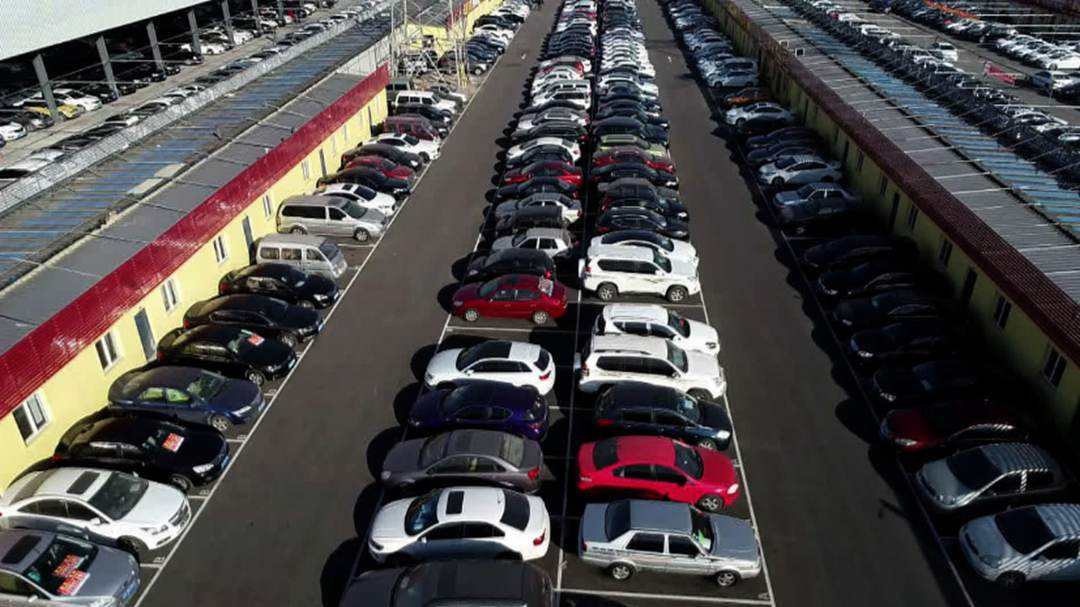China's renewed commitment to tackling air pollution affects the kind of car you may own. New companies in China that only manufacture fossil fuel vehicles will now not be granted business licenses. The new rule, which takes effect Thursday, came down from the National Development and Reform Commission.
Ni Long, a used car dealer from Shenyang, has little use for a 5.0-liter V8 Range Rover from 2012. He has removed the car battery since hardly anyone has asked to take it for a test drive. After eight years in the business, Ni made good money from selling luxury cars with large engines, but not anymore.
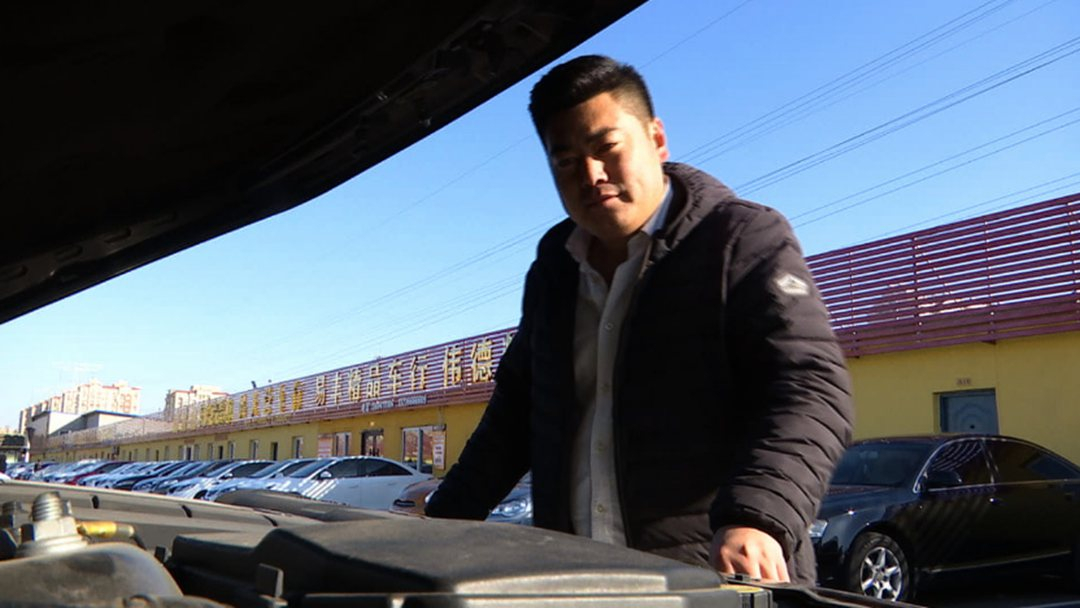
Used car dealer, Ni Long has little use for a 5.0-liter V8 Range Rover from 2012. /CGTN Photo
Used car dealer, Ni Long has little use for a 5.0-liter V8 Range Rover from 2012. /CGTN Photo
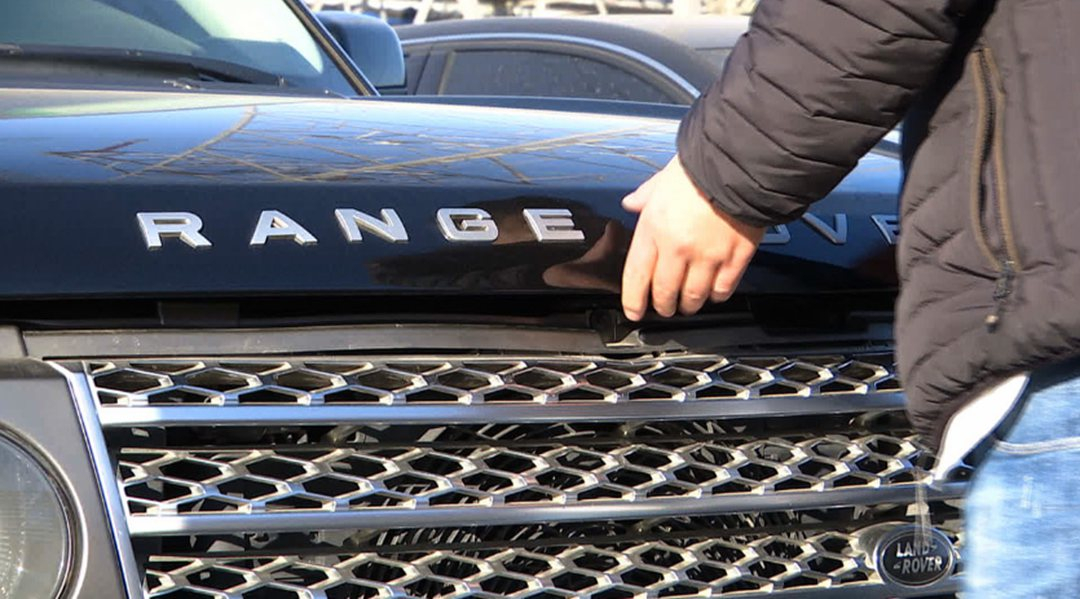
Ni has removed the car battery since hardly anyone has asked to take it for a test drive. /CGTN Photo
Ni has removed the car battery since hardly anyone has asked to take it for a test drive. /CGTN Photo
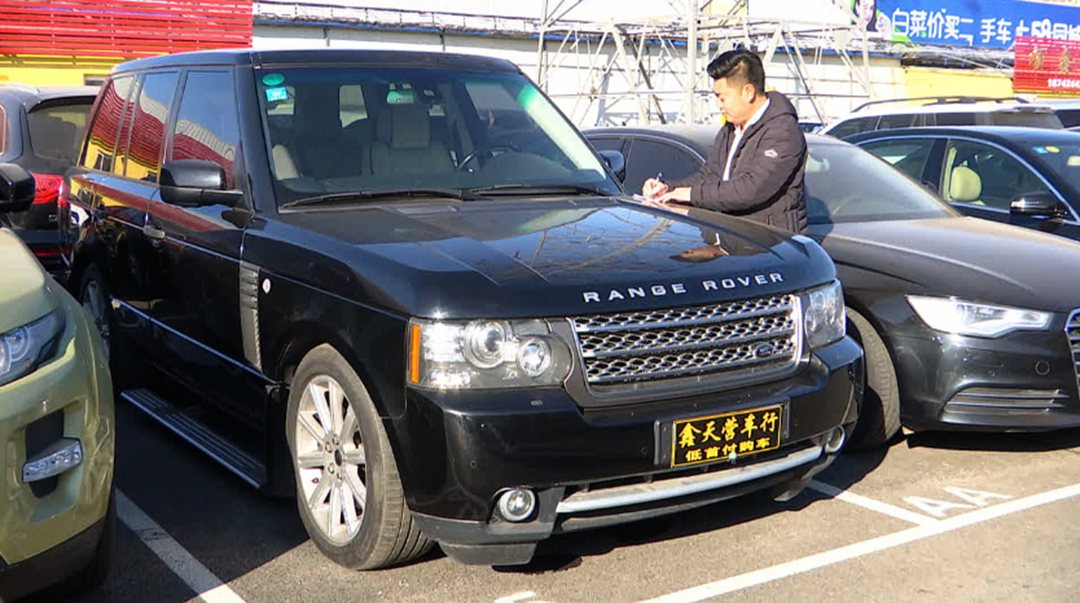
Ni made good money from selling luxury cars with large engines, but not anymore. /CGTN Photo
Ni made good money from selling luxury cars with large engines, but not anymore. /CGTN Photo
“The car is in good shape, but it has been sitting in the parking slot for six months... it has cost me a fortune on maintenance, tax and insurance,” said Ni.
Many believe that if someone can afford luxury cars, they can afford the other costs that come with it. But high emissions from large engines pose major environmental threats, and the latest ban on new fossil-fuel car production facilities shows China's seriousness in tackling pollution. As for drivers, most are following the trend.
"Nowadays, we prefer cars with smaller engines, as they have a very quick turnover. And for buyers, the smaller the engine, the less they pay on fuel and taxes," Ni told CGTN.
With a growing number of cars on streets across China, vehicle emissions are becoming increasingly problematic. Policymakers are looking to phase out inefficient and fuel-based cars, with reducing emissions perhaps the only way forward for the country's automotive industry.
Shenyang's local auto giant Brilliance group, best known for its 15-year partnership with BMW, is no longer producing fossil-fuel cars with an engine displacement of over two liters.
He Junlin, a senior engineer from the powertrain department of Brilliance Auto Group said, aside from fuel-efficiency and emissions controls, consumers are also concerned about the overall driving experience they get from smaller-engine cars.

The Brilliance Auto Group test their SUV on a road test. The company is no longer producing fossil-fuel cars with an engine displacement of over two liters. /CGTN Photo
The Brilliance Auto Group test their SUV on a road test. The company is no longer producing fossil-fuel cars with an engine displacement of over two liters. /CGTN Photo
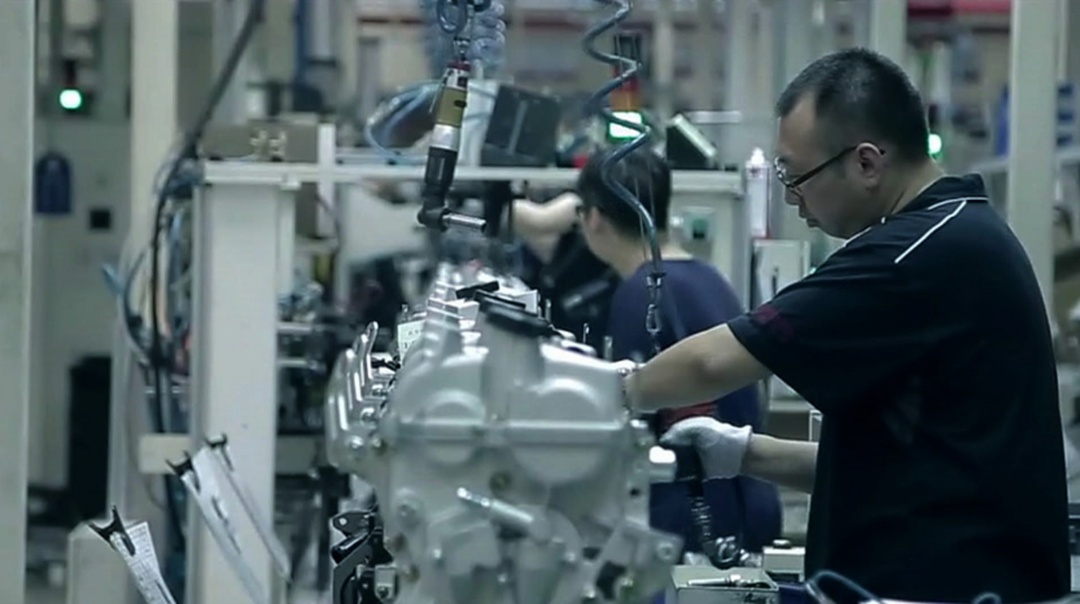
Shenyang's local auto giant Brilliance group, best known for its 15-year partnership with BMW. /CGTN Photo
Shenyang's local auto giant Brilliance group, best known for its 15-year partnership with BMW. /CGTN Photo
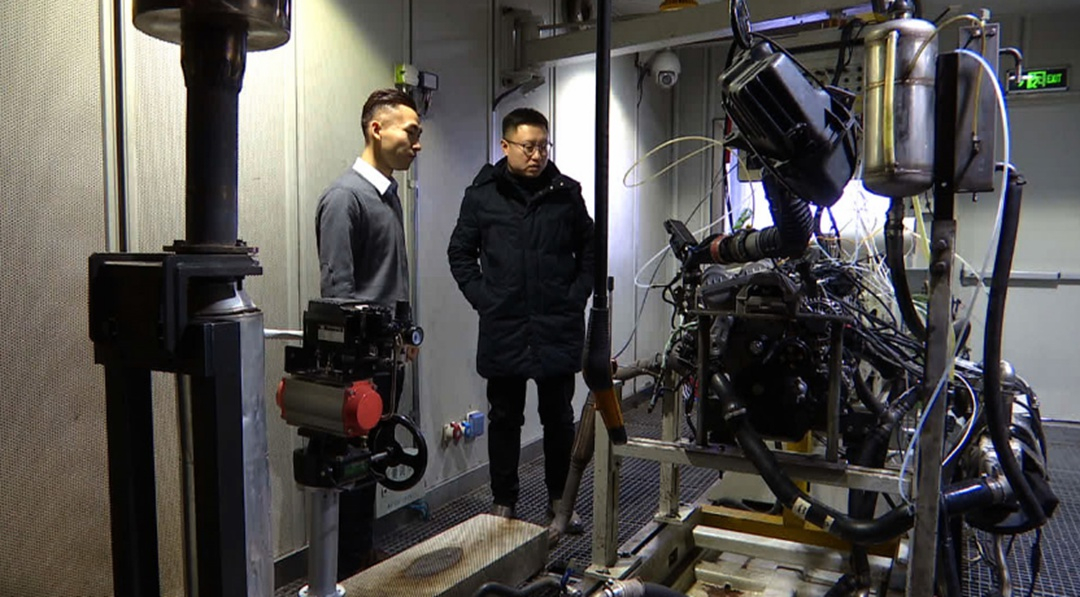
In the engine test plant with senior engineer He Junlin from Brilliance Auto Group. /CGTN Photo
In the engine test plant with senior engineer He Junlin from Brilliance Auto Group. /CGTN Photo
"For consumers, they still want to feel the G-force, even if it's a 1.2-liter 3-cylinder car they are driving, and they want the turbocharged models at the same time to ensure smoothness and less noise. So these are the factors we must consider when developing smaller engines," said He.
The ban also raises the bar on entry requirements for New Energy Vehicle (NEV) production facilities. This comes as the central government is actively pushing the development of NEV, with the goal of one in every five cars being new energy-powered by 2025.
He also said, "We've seen NEV firms in China suck up government subsidies without producing any viable vehicles, so I think the new rules are to make the NEV sector more regulated."
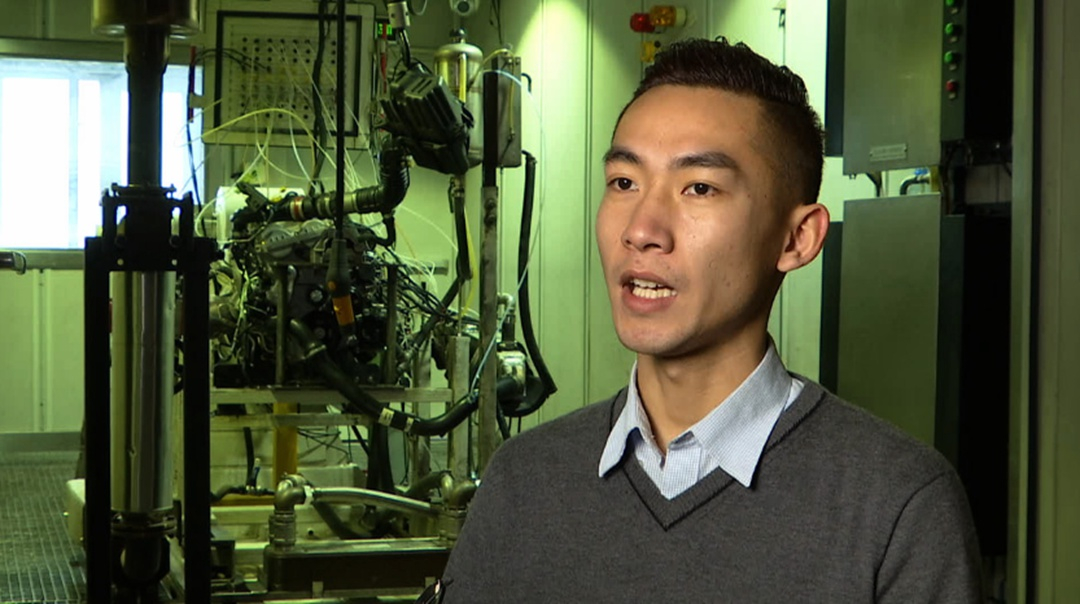
He Junlin told CGTN that they have seen NEV firms in China suck up government subsidies without producing any viable vehicles, the new rules are to make the NEV sector more regulated. /CGTN Photo
He Junlin told CGTN that they have seen NEV firms in China suck up government subsidies without producing any viable vehicles, the new rules are to make the NEV sector more regulated. /CGTN Photo
According to mid- and long-term development targets, the auto industry will focus on light-weighting, fuel consumption reduction and the development of NEV. Fossil-fuel car makers are advised to adjust production strategies gradually, experts say the sooner, the better.

